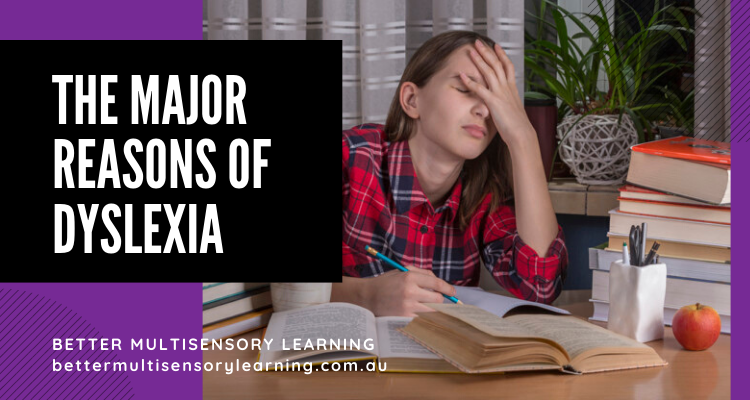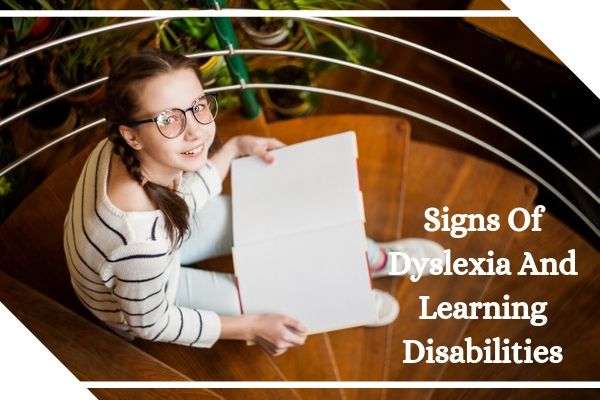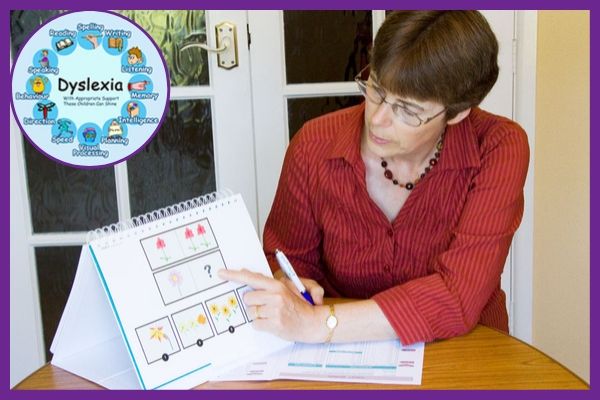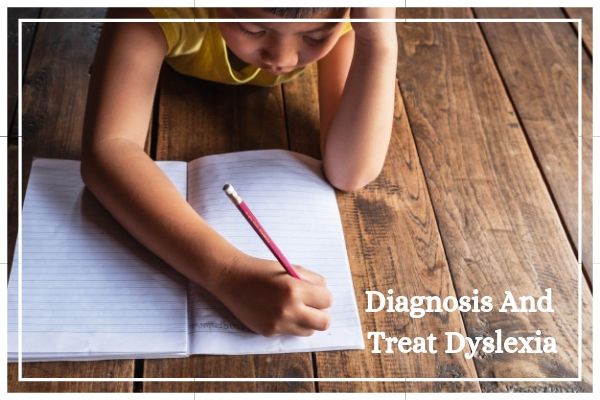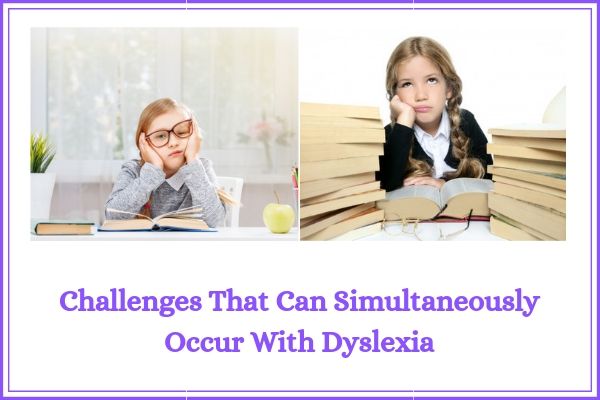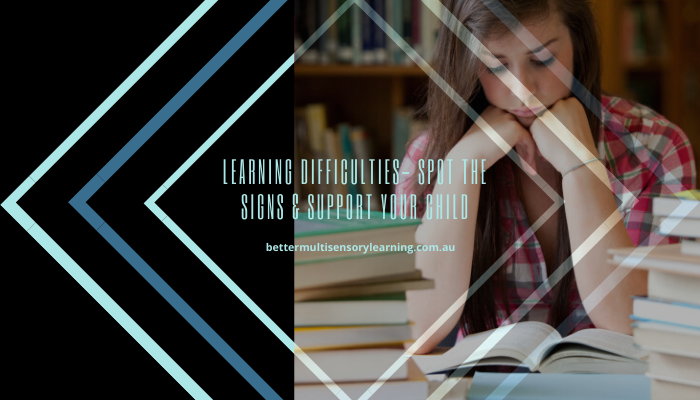
Learning disability is a neurological problem that affects the reading, writing and learning of a child. The various types of learning disabilities are auditory processing disorder, dyscalculia, dysgraphia, dyslexia and more. A kid can have one or more than one type of learning disorder at a time. Due to learning disorders, they distance themselves from their peers. They eventually get frustrated and doesn’t feel like going to school. If not intervene, they will never become successful in life. Therefore take your kid to the learning disorder teaching centre.
Types Of Learning Disability
There are many types of learning disabilities. Some of them are mentioned below.
Dyslexia
It is a common type of learning disability. In this type of disability the kids unable to process words that are taught to them in the classroom. Therefore early intervention is necessary to improve this type of learning disorder. If your kid is also going through this difficulty, take him to the Learning Difficulties Assessment centre. Through the specialised teaching method, they can become confident and successful in life.
Dysgraphia
It is a type of learning disorder that can affect writing abilities. In this type of difficulty, the kids find difficulty in putting their thoughts on paper. This is because requires skills to process information which is missing in kids with dysgraphia.
Causes Of Learning Disorder
The exact cause behind the learning disorder is not known. However, the researcher says that it is a neurological based disorder. It can be passed on through the generations. Some of the common disorders faced by the kids are processing information and remembering words.
Signs Of Learning Disorder
Kids with learning disorders can be identified if they show these signs. The kids with disorder dislike reading, unable to spell words properly, difficulty in spotting sounds. They may provide you with so many ideas but unable to put their thoughts on paper.
How To Treat A Learning Disorder?
If you think that your kid has a learning disorder, take him to the specialist. The specialist teacher will perform some tests. If the result comes positive, your child will require a special form of teaching. This is because it is needed for them to become successful.
Kids with learning disabilities struggle a lot in their life. They need polite behaviour and special care. If your child has any type of Learning Difficulties, give your full support to make him grow. It is needed to book a good teaching centre who offers their support to make your child succeed in life.


